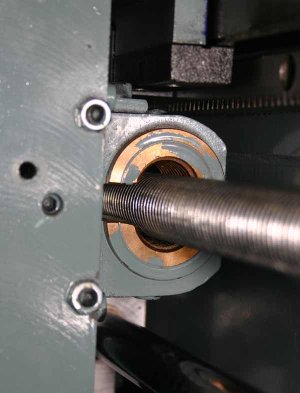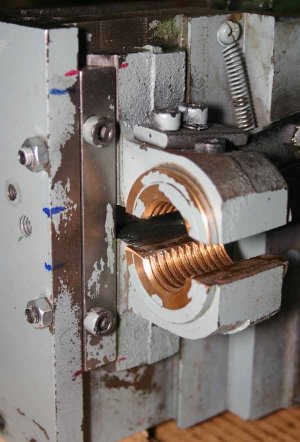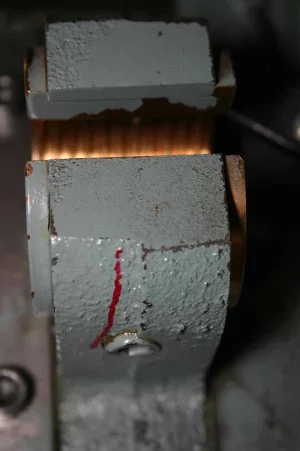DPittman
Ultra Member
Yes I think I will try a larger dial eventually and making it will be a chance to do some indexing with my new dividing head maybe.
I have typically threaded as slow as I can (100 rpm)for ease sake but know with carbide inserts threads can be better with higher rpm. However, I have a variable speed motor and should be using that to adjust speed on the go....slow to start and pick up speed once engaged.
I have typically threaded as slow as I can (100 rpm)for ease sake but know with carbide inserts threads can be better with higher rpm. However, I have a variable speed motor and should be using that to adjust speed on the go....slow to start and pick up speed once engaged.



